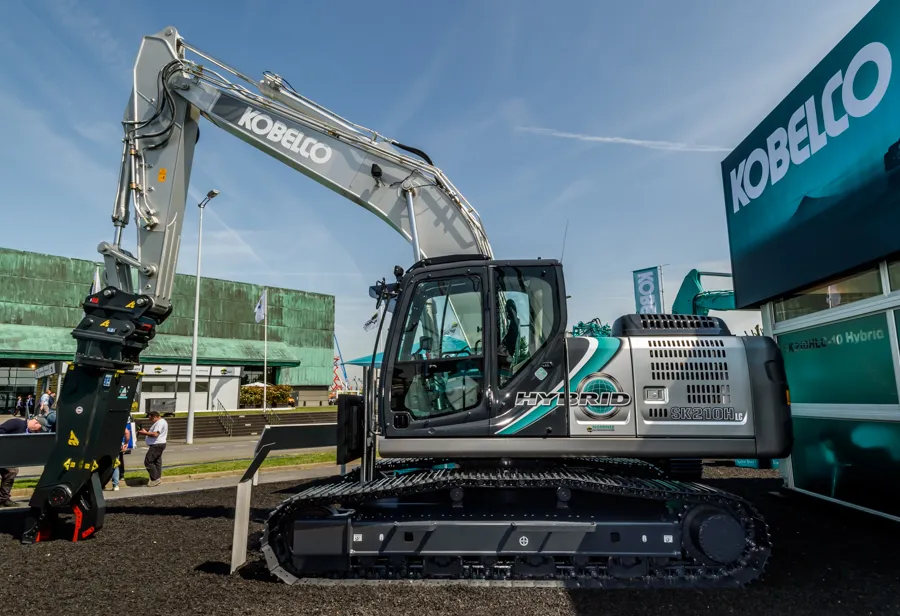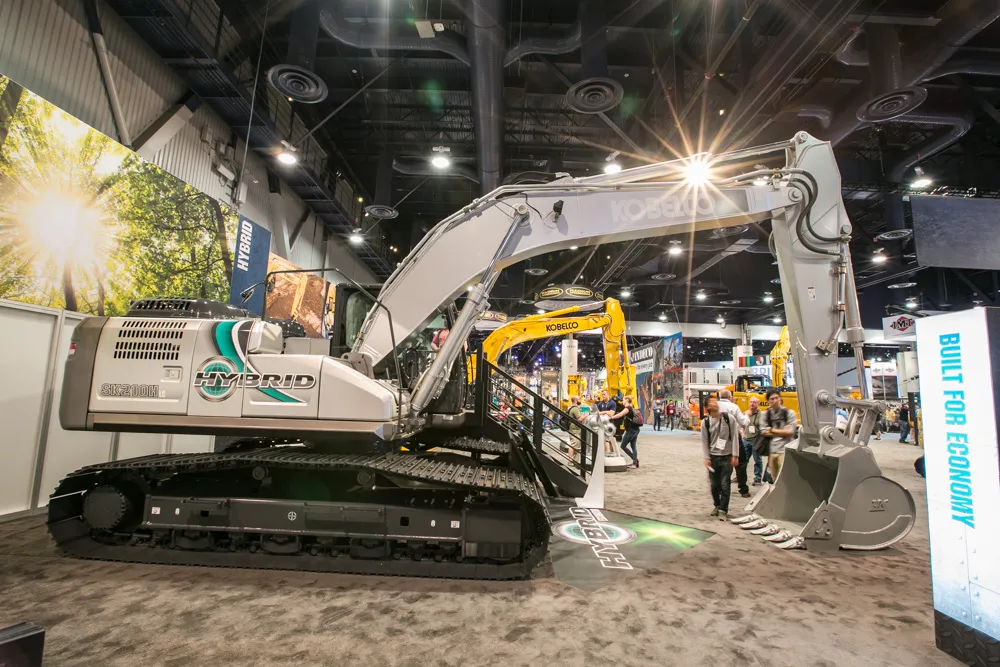According to a recent report from Pike Research, as manufacturing efficiencies improve and access to lithium expands, the installed cost of Li-ion batteries will fall by more than one-third by the end of 2017.
March 19, 2012
Read time: 3 mins
According to a recent report from 4077 Pike Research, as manufacturing efficiencies improve and access to lithium expands, the installed cost of Li-ion batteries will fall by more than one-third by the end of 2017.
Managing transportation emissions and reducing energy insecurity due to a volatile oil industry are on the top of the agenda of many countries across the world. Electric vehicles (EVs) have a significant role to play in both of those areas, and while EVs will continue to be a niche market through the remainder of this decade, the global automotive industry is beginning to move away from the internal combustion engine and toward electric drivetrains.
For auto manufacturers, the key to this shift will be the continual advancement in the capabilities of the vehicles’ batteries, which will be led by lithium ion (Li-ion) chemistries. The convergence of the automotive industry toward battery power and the engineering of safe, reliable, and economical Li-ion batteries will slowly reshape the automotive industry as it moves toward electrification.
In terms of revenue, the market for Li-ion batteries for transportation will grow from US$2 billion annually in 2011 to more than $14.6 billion by 2017, the cleantech market intelligence firm forecasts.
“The market for Li-ion batteries will be driven primarily by plug-in hybrid electric vehicles (PHEVs) and battery electric vehicles (BEVs), which require much larger battery packs than hybrids,” says research director John Gartner. “Battery chemistries that prioritise energy capacity over power density can satisfy both the PHEV and EV battery segments, enabling vendors to offer products to multiple vendors for multiple models. Reducing the installed price of EV batteries to $523 per kilowatt hour in 2017 will be a critical step towards making PEVs cost-competitive with petroleum-powered vehicles.”
Although most plug-in electric vehicles today have a range of between 40 and 100 miles, continued concerns over range and the availability of charging infrastructure remain among the biggest impediments to the wider adoption of Li-ion batteries. On the supply side, challenges such as achieving higher energy density, better safety, and greater discharge/charge rates linger despite advances in battery technology. Although a number of Li-ion chemistries are available today, none of them can claim to be the ideal solution. Manufacturers must make tradeoffs in choosing a particular type of Li-ion battery over others.
The Pike Research report, Electric Vehicle Batteries, outlines the critical role that governments around the globe will play in establishing the electric vehicle market, and the challenges that manufacturers face in creating an industry that will be able to stand on its own as government influence diminishes. The study examines the key market drivers for the electrification of vehicles, the status of R&D in batteries, the impact of declining battery production costs on vehicle sales, and the resale of batteries after their useful life in vehicles. An Executive Summary of the report is available for free download on the firm’s website.
Managing transportation emissions and reducing energy insecurity due to a volatile oil industry are on the top of the agenda of many countries across the world. Electric vehicles (EVs) have a significant role to play in both of those areas, and while EVs will continue to be a niche market through the remainder of this decade, the global automotive industry is beginning to move away from the internal combustion engine and toward electric drivetrains.
For auto manufacturers, the key to this shift will be the continual advancement in the capabilities of the vehicles’ batteries, which will be led by lithium ion (Li-ion) chemistries. The convergence of the automotive industry toward battery power and the engineering of safe, reliable, and economical Li-ion batteries will slowly reshape the automotive industry as it moves toward electrification.
In terms of revenue, the market for Li-ion batteries for transportation will grow from US$2 billion annually in 2011 to more than $14.6 billion by 2017, the cleantech market intelligence firm forecasts.
“The market for Li-ion batteries will be driven primarily by plug-in hybrid electric vehicles (PHEVs) and battery electric vehicles (BEVs), which require much larger battery packs than hybrids,” says research director John Gartner. “Battery chemistries that prioritise energy capacity over power density can satisfy both the PHEV and EV battery segments, enabling vendors to offer products to multiple vendors for multiple models. Reducing the installed price of EV batteries to $523 per kilowatt hour in 2017 will be a critical step towards making PEVs cost-competitive with petroleum-powered vehicles.”
Although most plug-in electric vehicles today have a range of between 40 and 100 miles, continued concerns over range and the availability of charging infrastructure remain among the biggest impediments to the wider adoption of Li-ion batteries. On the supply side, challenges such as achieving higher energy density, better safety, and greater discharge/charge rates linger despite advances in battery technology. Although a number of Li-ion chemistries are available today, none of them can claim to be the ideal solution. Manufacturers must make tradeoffs in choosing a particular type of Li-ion battery over others.
The Pike Research report, Electric Vehicle Batteries, outlines the critical role that governments around the globe will play in establishing the electric vehicle market, and the challenges that manufacturers face in creating an industry that will be able to stand on its own as government influence diminishes. The study examines the key market drivers for the electrification of vehicles, the status of R&D in batteries, the impact of declining battery production costs on vehicle sales, and the resale of batteries after their useful life in vehicles. An Executive Summary of the report is available for free download on the firm’s website.








